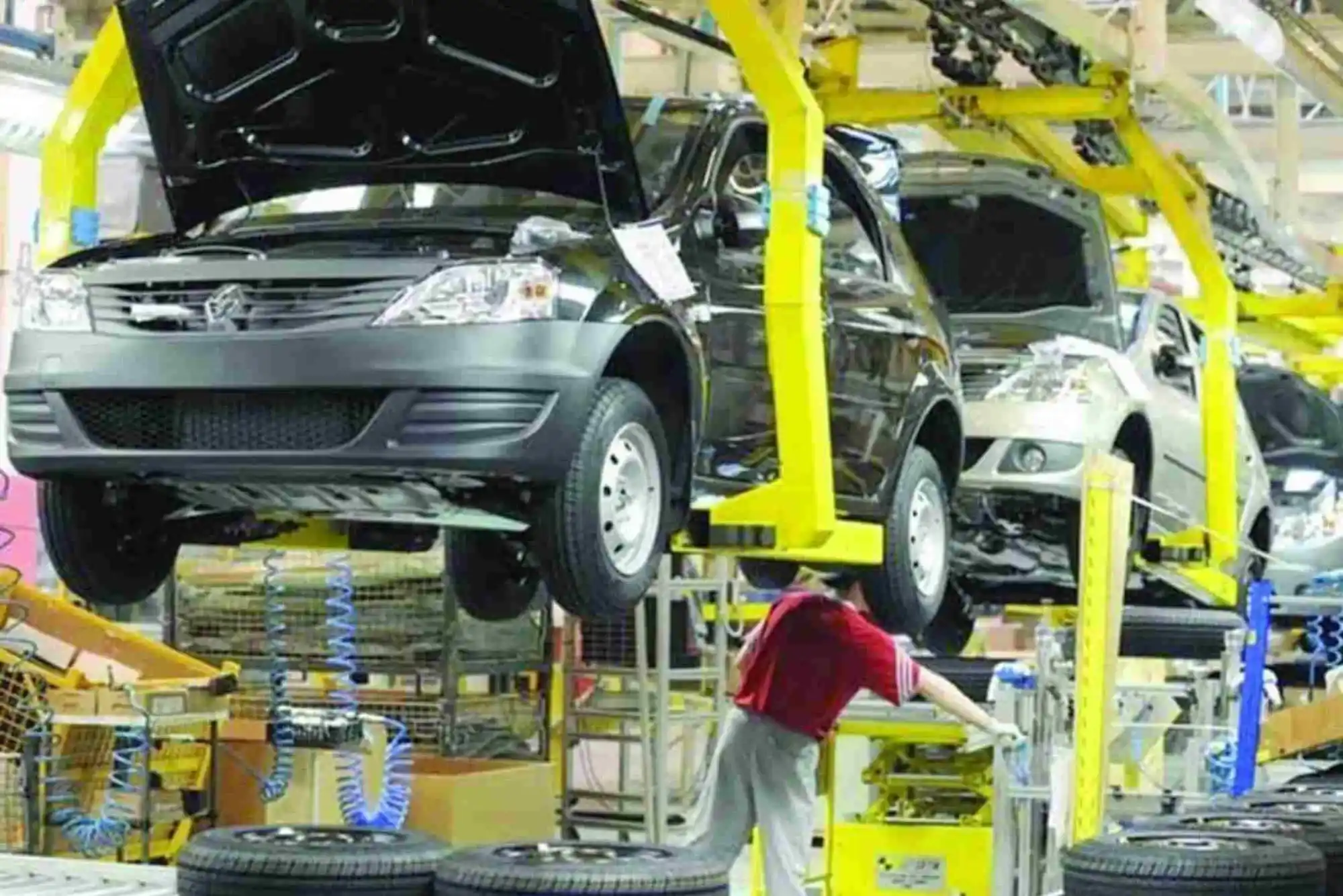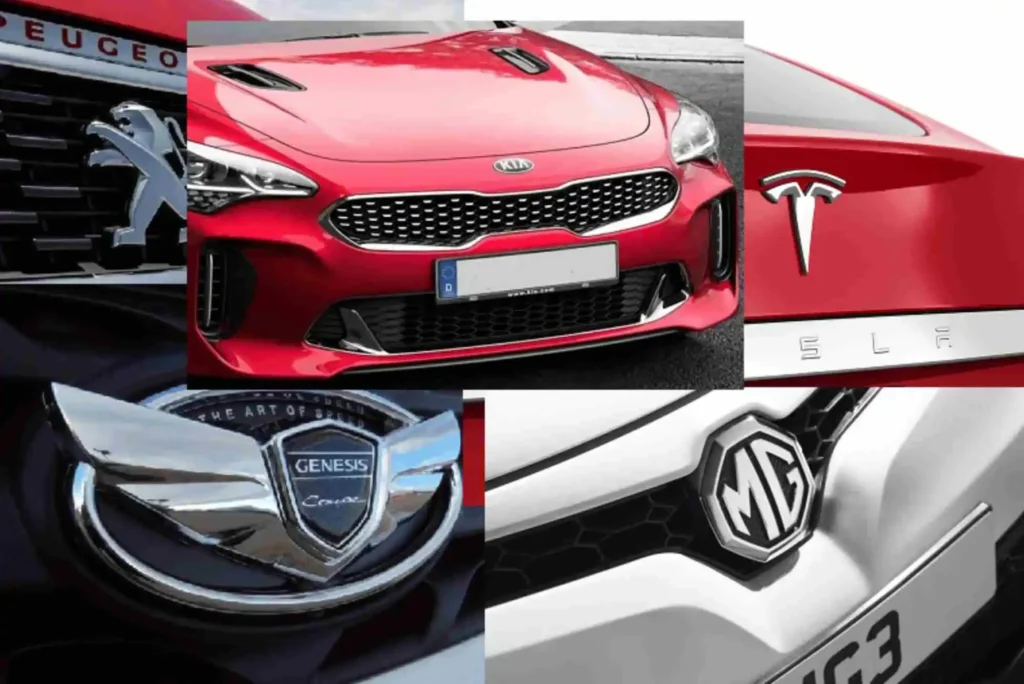Why Automobile Industry is Going Down in India
The Indian automobile industry, once a powerhouse of growth and innovation, is now facing significant challenges that threaten its sustainability. Several factors have contributed to this downward trajectory, ranging from economic slowdowns to shifting consumer preferences. Understanding these causes is crucial to devising effective solutions for revitalizing this vital sector.

Economic Slowdown and Policy Uncertainty
India’s automobile industry has been heavily impacted by periods of economic slowdown. Fluctuating GDP growth rates, coupled with policy uncertainties, have created an environment of instability for both manufacturers and consumers. Factors such as demonetization, GST implementation, and changes in emission norms have disrupted the industry’s growth trajectory, leading to a decline in production and sales.
Changing Consumer Preferences
Shifting consumer preferences have also played a significant role in the decline of the automobile industry in India. With the rise of ride-sharing services, urbanization, and increased environmental consciousness, there has been a noticeable shift away from traditional car ownership. Many consumers now prefer alternative modes of transportation, such as electric scooters and bicycles, or opt for shared mobility solutions over purchasing personal vehicles.
Infrastructure Challenges
India’s inadequate infrastructure poses a significant challenge to the automobile industry’s growth. Poor road conditions, traffic congestion, and lack of charging infrastructure for electric vehicles hinder the adoption of new technologies and deter potential buyers. Why Automobile Industry is Going Down in India Moreover, inadequate public transportation systems in many parts of the country contribute to the reliance on personal vehicles, exacerbating congestion and pollution issues.
Global Supply Chain Disruptions
The COVID-19 pandemic highlighted the vulnerability of India’s automobile industry to global supply chain disruptions. As a result of lockdowns and travel restrictions, manufacturers faced challenges sourcing essential components and materials, leading to production delays and supply shortages. The reliance on imports for critical components further exposed the industry to risks associated with geopolitical tensions and trade conflicts.
Rising Input Costs and Margin Pressures
Escalating input costs, including raw materials and labor, have put pressure on the margins of automobile manufacturers. Fluctuations in commodity prices, currency exchange rates, and regulatory compliance costs have added to the financial burden faced by industry players. In such a competitive market, maintaining profitability becomes increasingly challenging, especially for smaller manufacturers and suppliers.
Technological Disruptions and Adaptation Challenges
The rapid pace of technological advancements in the automotive industry presents both opportunities and challenges for Indian manufacturers. The shift towards electric and autonomous vehicles requires significant investments in research and development, infrastructure, and retooling of manufacturing facilities. However, many domestic players struggle to keep up with these technological disruptions, risking their competitiveness in the global market.
Environmental Concerns and Regulatory Pressures
Growing environmental concerns and stricter emission regulations have compelled automobile manufacturers to invest in cleaner and more sustainable technologies. While these measures are necessary for reducing pollution and mitigating climate change, they also entail substantial costs and logistical challenges. Compliance with stringent emission norms and fuel efficiency standards adds another layer of complexity to the industry’s operations.
Revitalizing India’s Automobile Industry
Reviving India’s automobile industry requires a multi-faceted approach that addresses the underlying causes of its decline. This includes fostering a stable economic environment, incentivizing innovation and investments in new technologies, improving infrastructure and regulatory frameworks, and promoting sustainable mobility solutions. By addressing these challenges collectively, India can unlock the full potential of its automobile industry and drive towards a more prosperous and sustainable future.
Patliputra Automobiles
Patliputra Automobiles is a leading player in the Indian automotive industry, specializing in the manufacturing and distribution of commercial vehicles. With a diverse product portfolio and a strong presence across the country, Patliputra Automobiles has established itself as a trusted brand known for reliability and performance. The company’s commitment to quality and innovation has earned it a loyal customer base and positioned it as a key player in the competitive automotive market.Dublin Auto Spare Parts
Dublin Auto Spare Parts
Dublin Auto Spare Parts is a renowned supplier of automotive components and accessories, catering to the needs of vehicle owners and repair shops across India. With a wide range of products and a reputation for excellence in quality and service, Dublin Auto Spare Parts has become a preferred choice for customers seeking reliable spare parts at competitive prices. Whether it’s engine components, electrical parts, or body accessories, Dublin Auto Spare Parts is committed to meeting the diverse needs of its customers with efficiency and professionalism.








